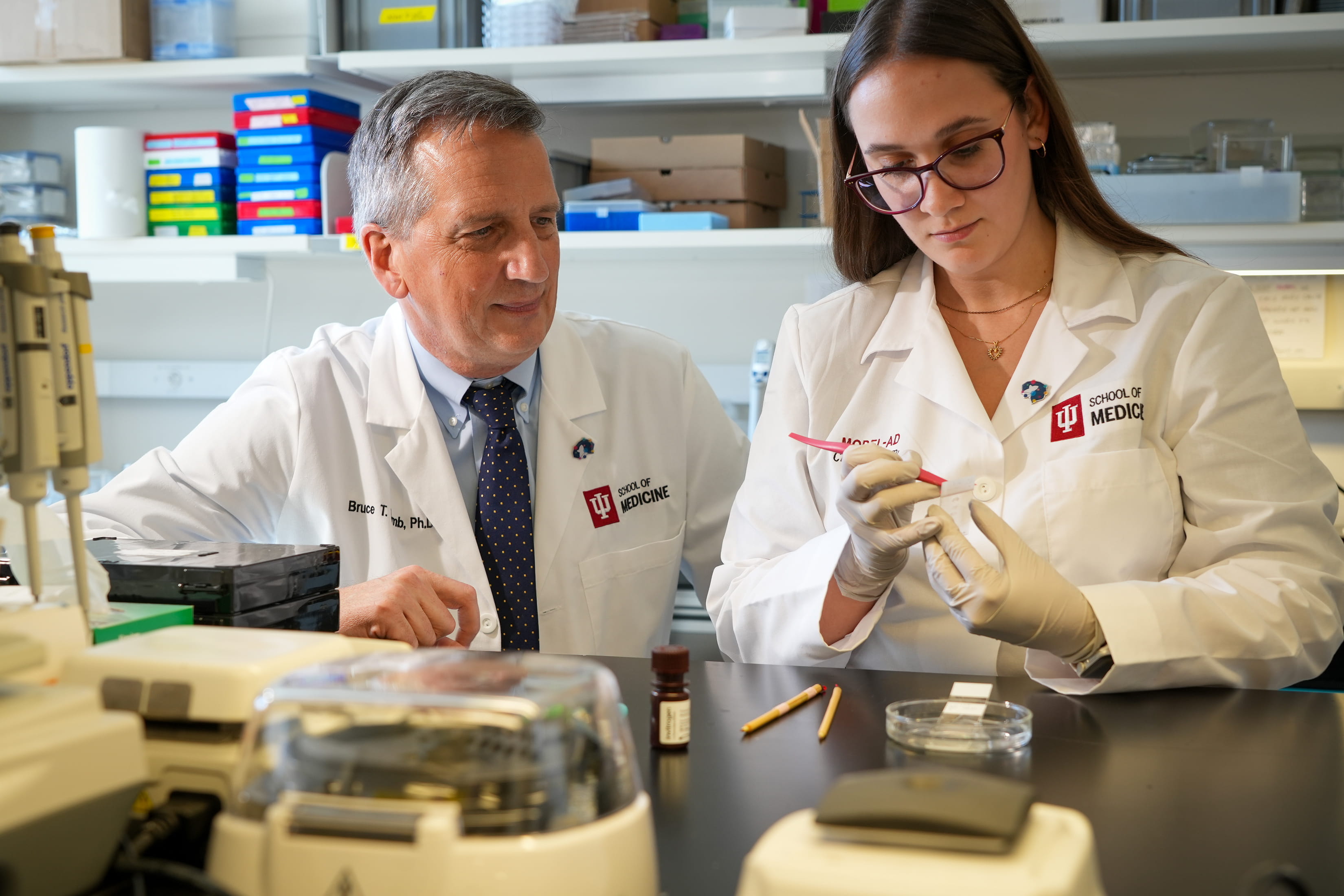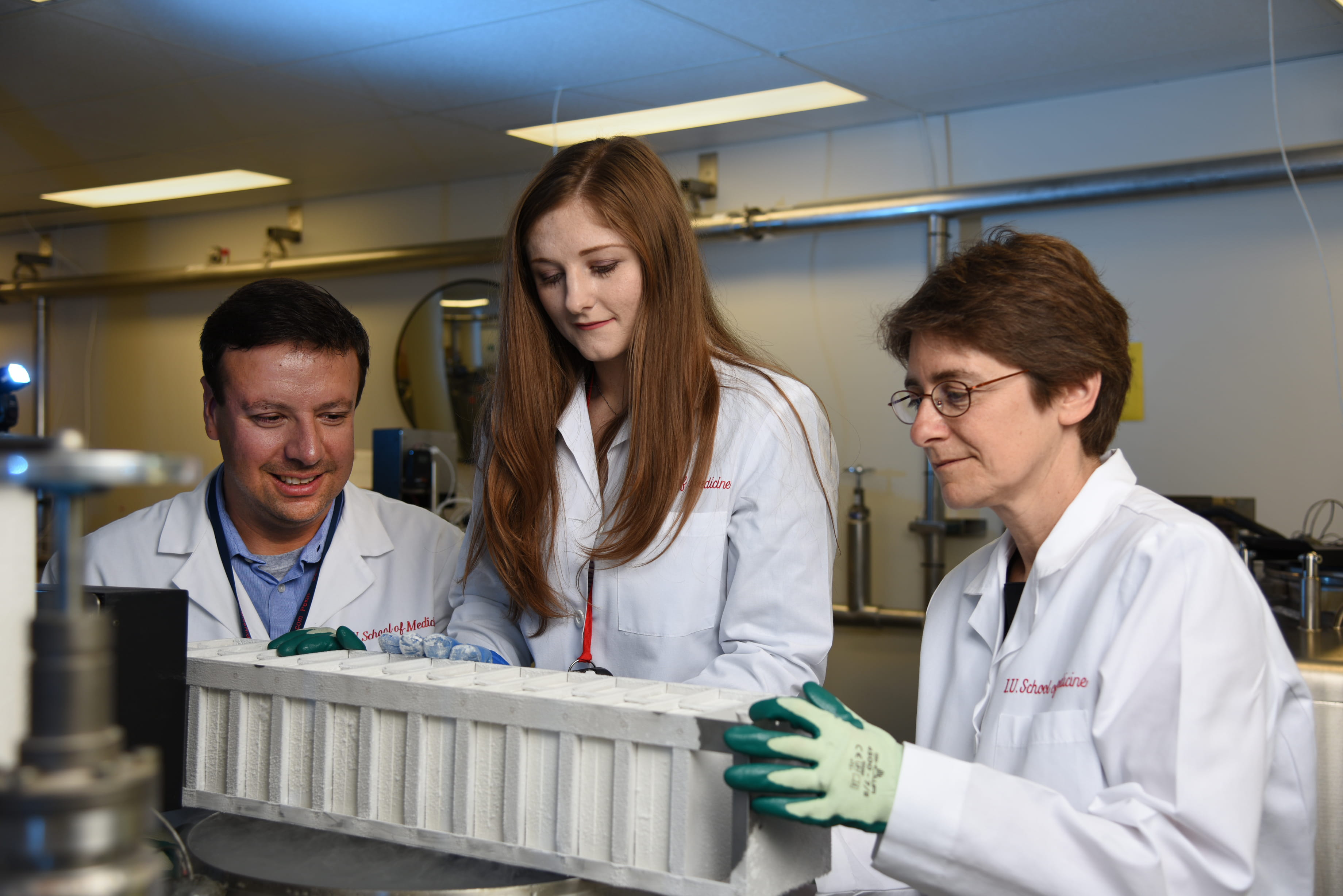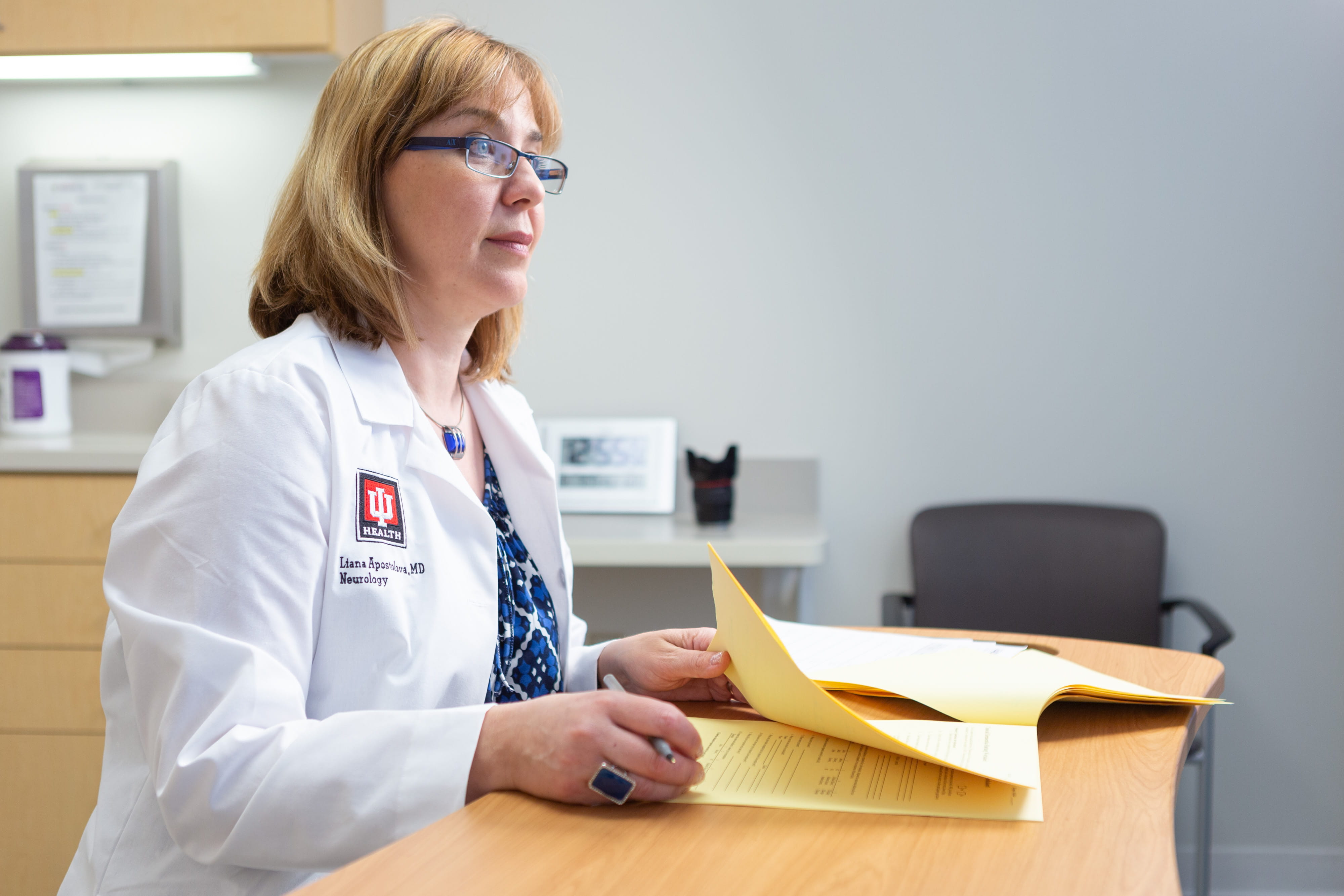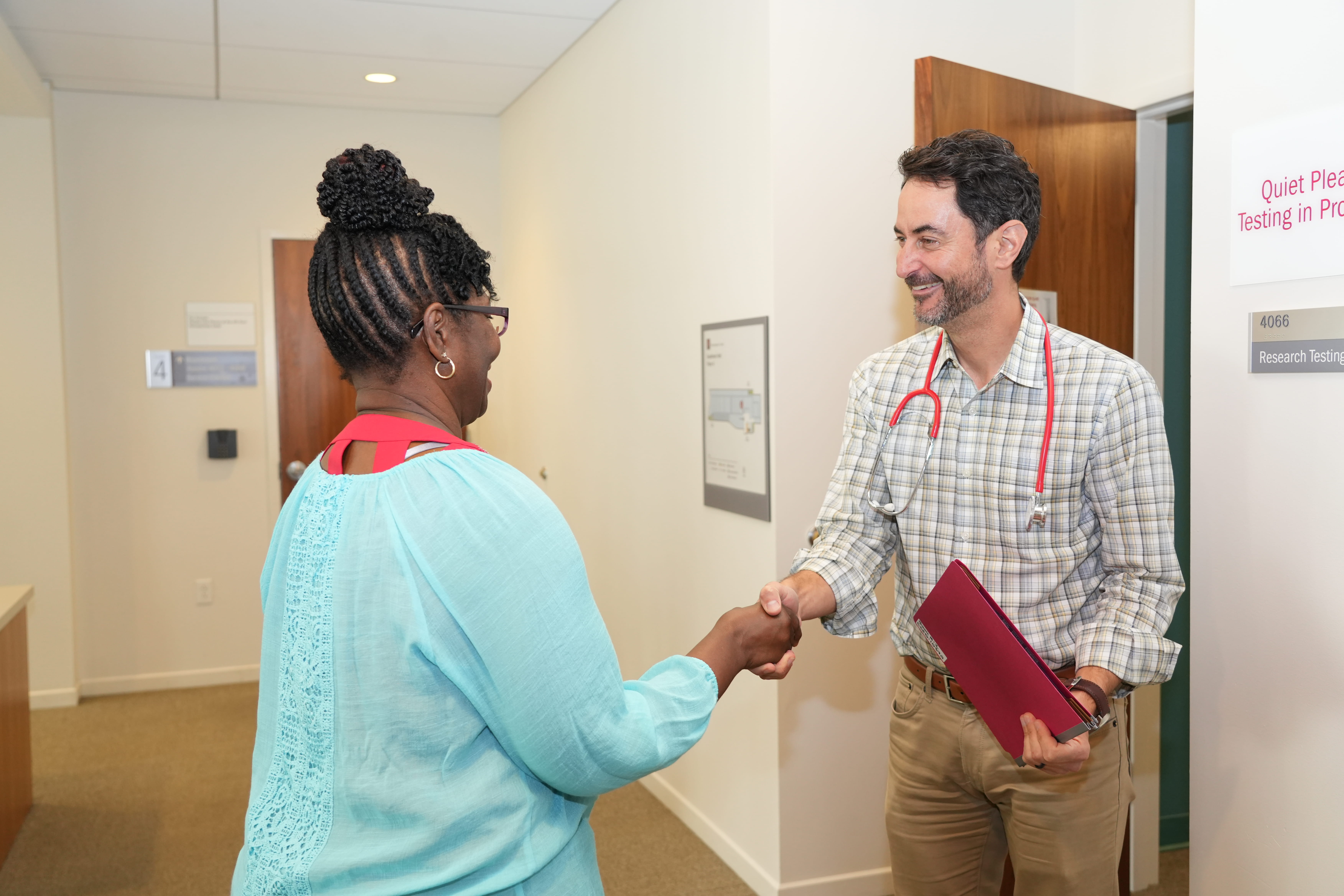Indiana University School of Medicine leads a comprehensive program in Alzheimer's disease research spanning basic, translational and clinical research, focused on optimizing clinical care for patients with Alzheimer's disease. The school, ranked No. 6 in the nation for National Institute of Aging research, received $87 million in National Institutes of Health grants to fund Alzheimer's disease research. From developing the next generation of animal models and testing potential therapeutics to working alongside clinical research participants and patients in the state's largest health system, IU School of Medicine has a rich research program and expertise widely recognized around the world.
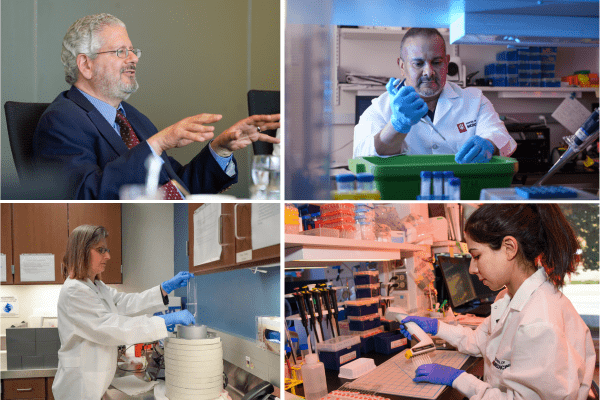
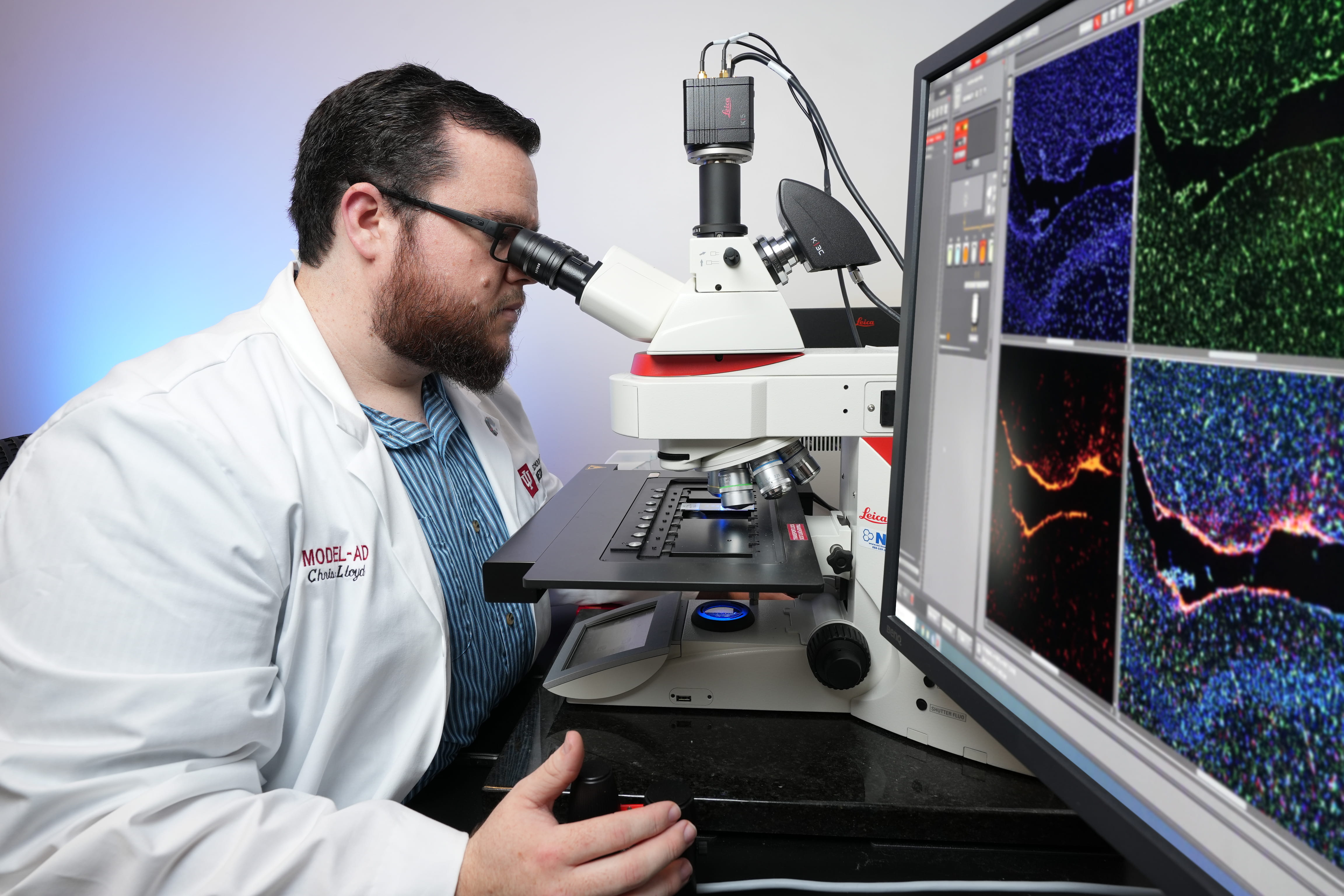
Basic and Preclinical Science
Basic scientists research the neurobiology and molecular genetics of Alzheimer’s disease to define disease mechanisms using animal models, identify therapeutic targets, rigorously test drugs and create molecules for potential drugs.
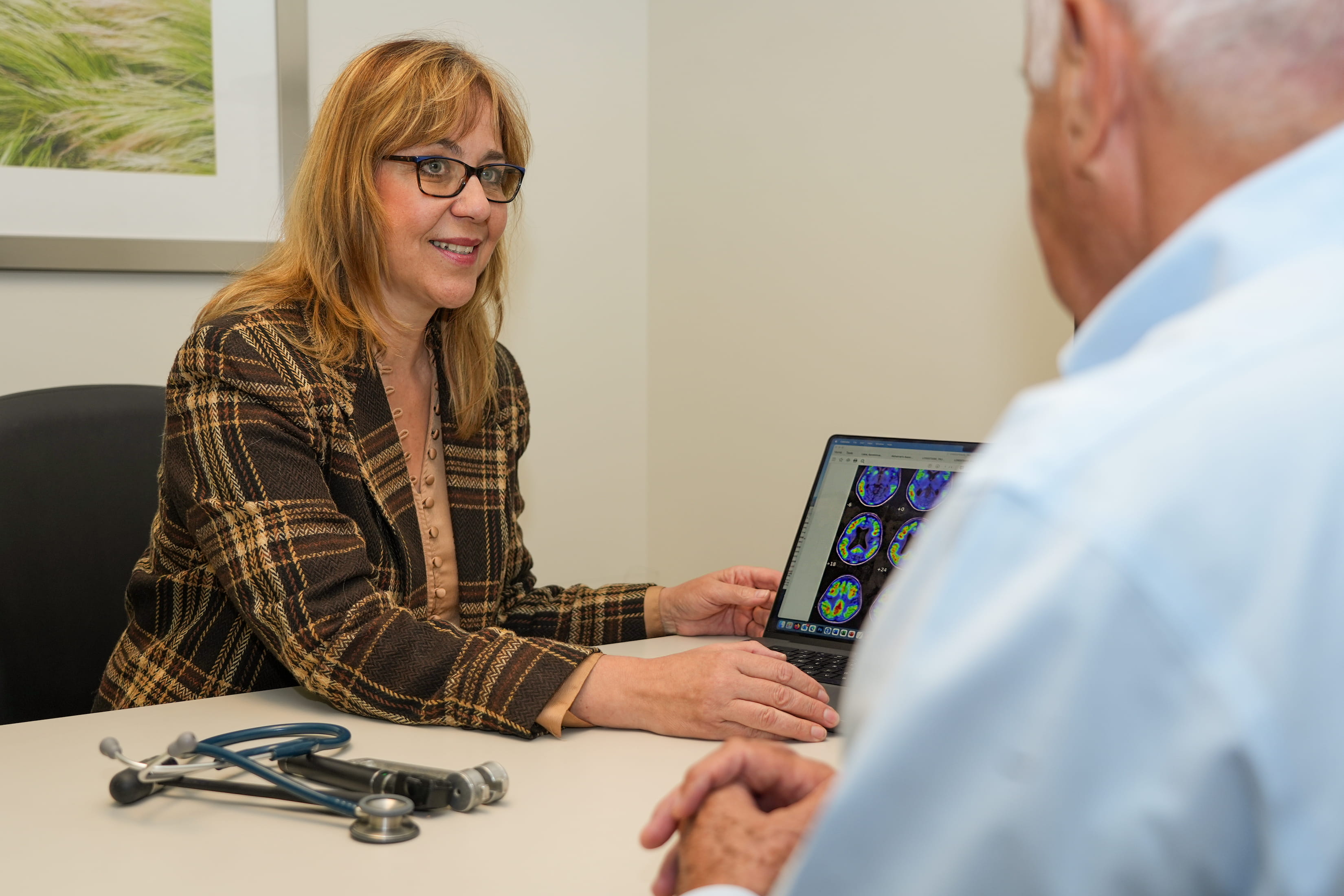
Clinical and Translational Science
Researchers in clinical and translational science test new methods to diagnose, treat and prevent Alzheimer’s disease, and advancing this research into improved diagnosis and care for patients living with the disease.
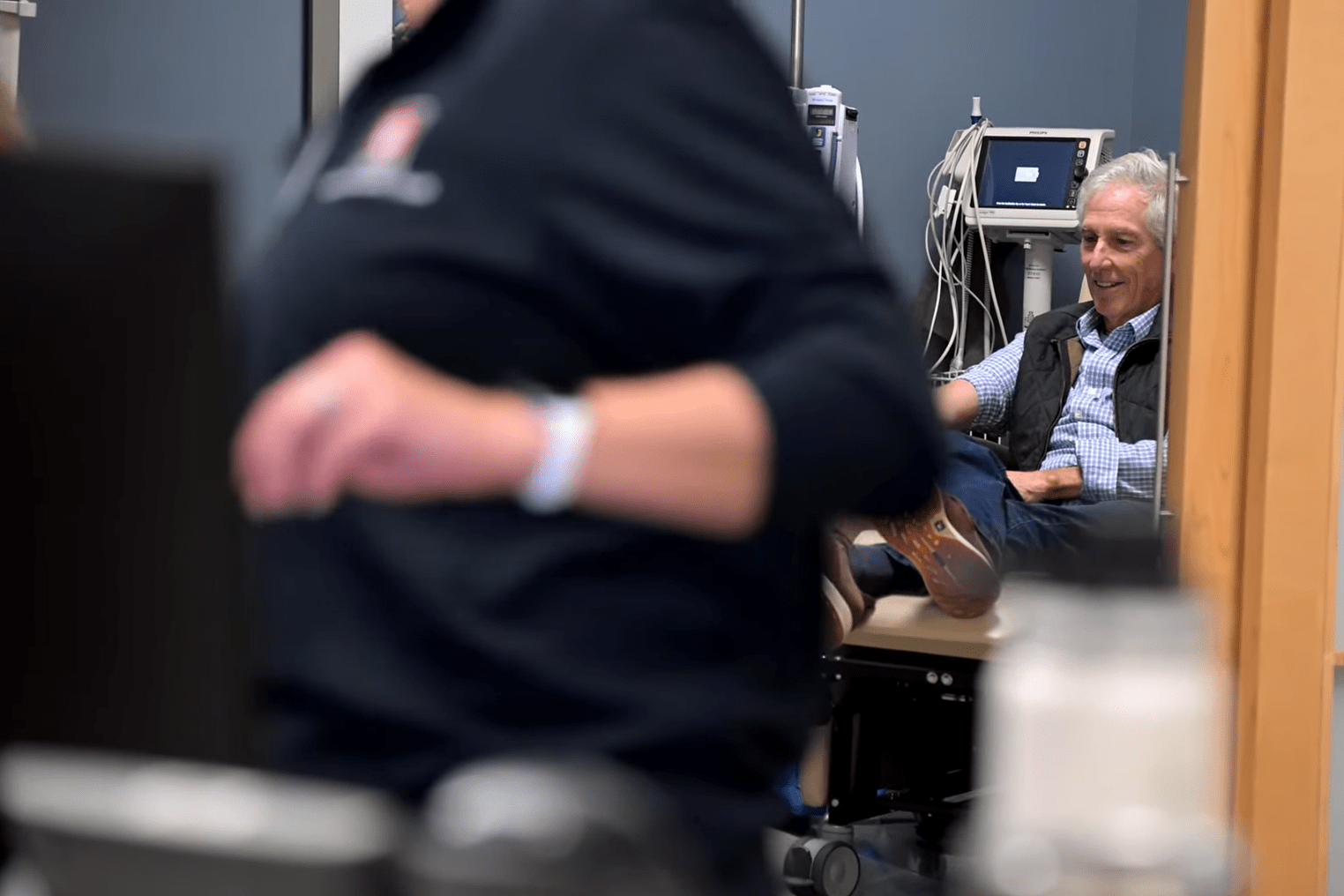
Clinical Innovation
Researchers in clinical and translational science test new methods to diagnose, treat and prevent Alzheimer’s disease, and advancing this research into improved diagnosis and care for patients living with the disease.
Featured News

Researchers bring promising Alzheimer’s drug target closer to potential clinical trials
IU School of Medicine researchers aim to develop a new treatment for neurodegeneration by targeting an immune cell-specific gene associated with Alzheimer's disease.
July 14, 2025
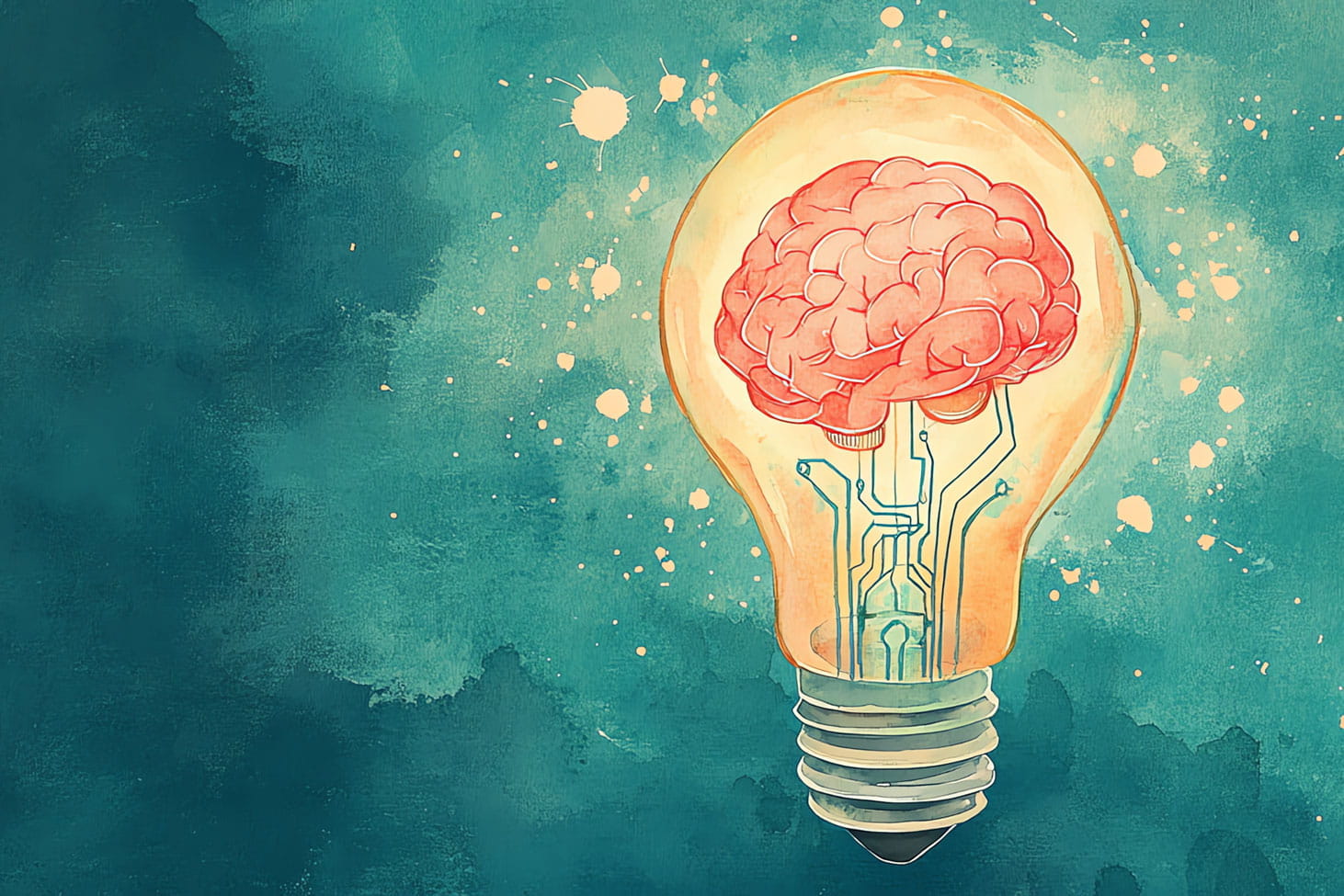
AI in Medicine: What is your 'aha' moment?
This column is the third in a four-part series from Taeho Jo, titled "AI in Medicine: From Nobel Discoveries to Clinical Frontiers."
July 11, 2025
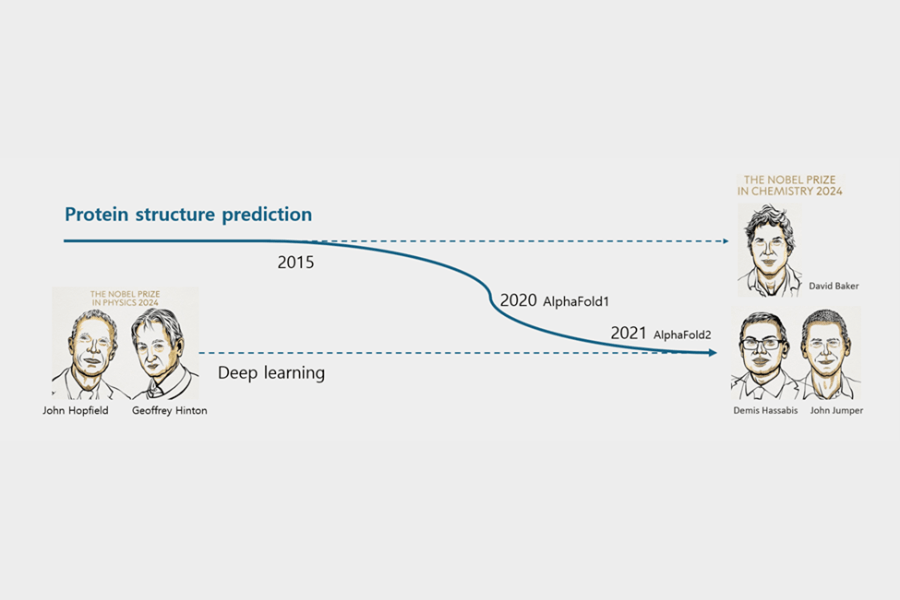
The Protein Folding Problem: The day AI unlocked a secret of life
This column is the second in a four-part series from Taeho Jo, titled "AI in Medicine: From Nobel Discoveries to Clinical Frontiers."
June 20, 2025

Timothy Richardson is a research professor of medicine at the IU School of Medicine and helps lead the TREAT-AD drug discovery center.
June 16, 2025

June 09, 2025
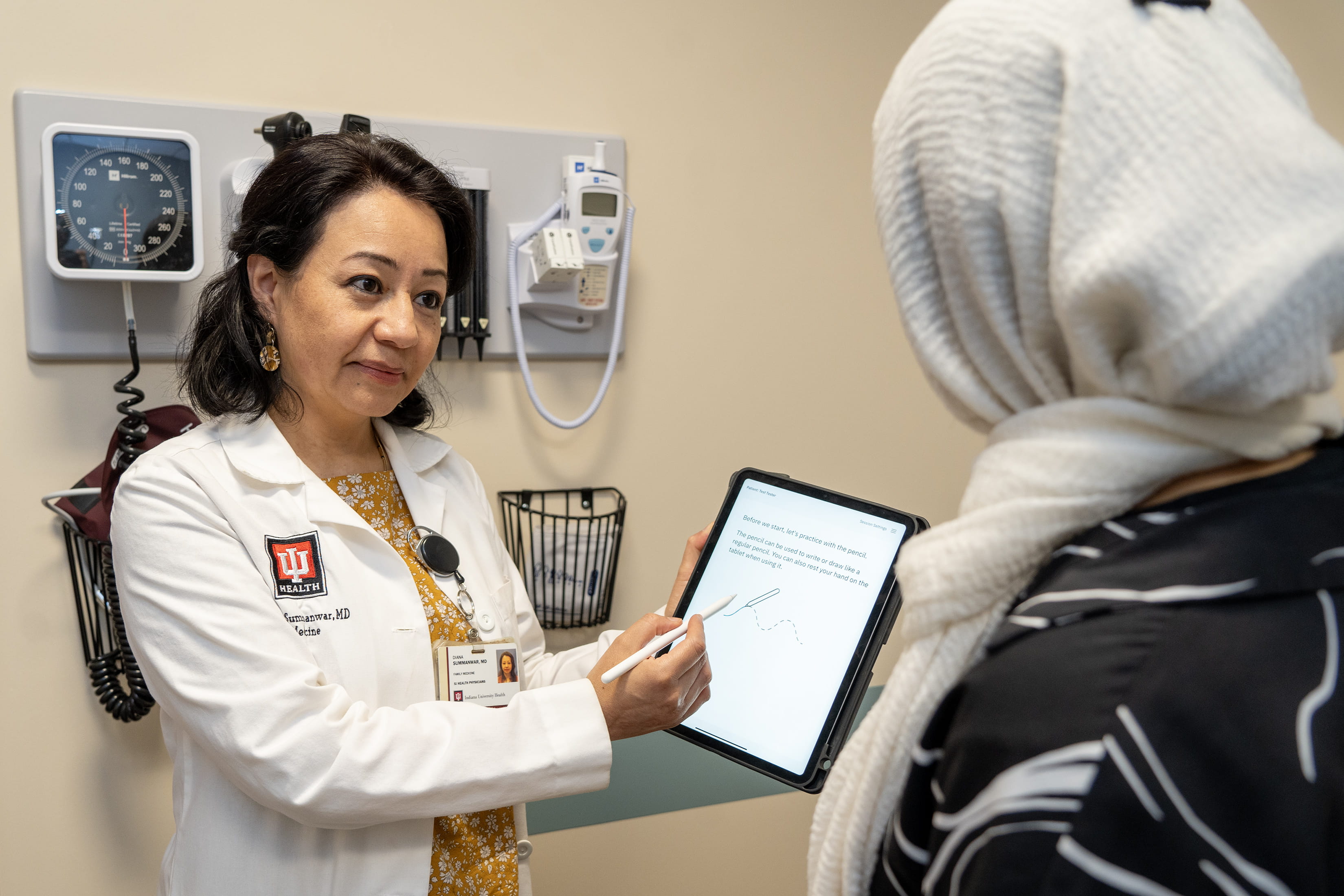
Digital screening during primary care visits may lead to earlier dementia detection, care
A trio of studies led by IU School of Medicine researchers found digital testing during primary care visits showed some promise as a tool for early identification of Alzheimer’s disease and dementia in older adults.June 03, 2025

AI Innovation Through the Lens of the 2024 Nobel Prizes
This column is the first in a 4-part series from Dr. Taeho Jo titled "AI in Medicine: From Nobel Discoveries to Clinical Frontiers".May 29, 2025
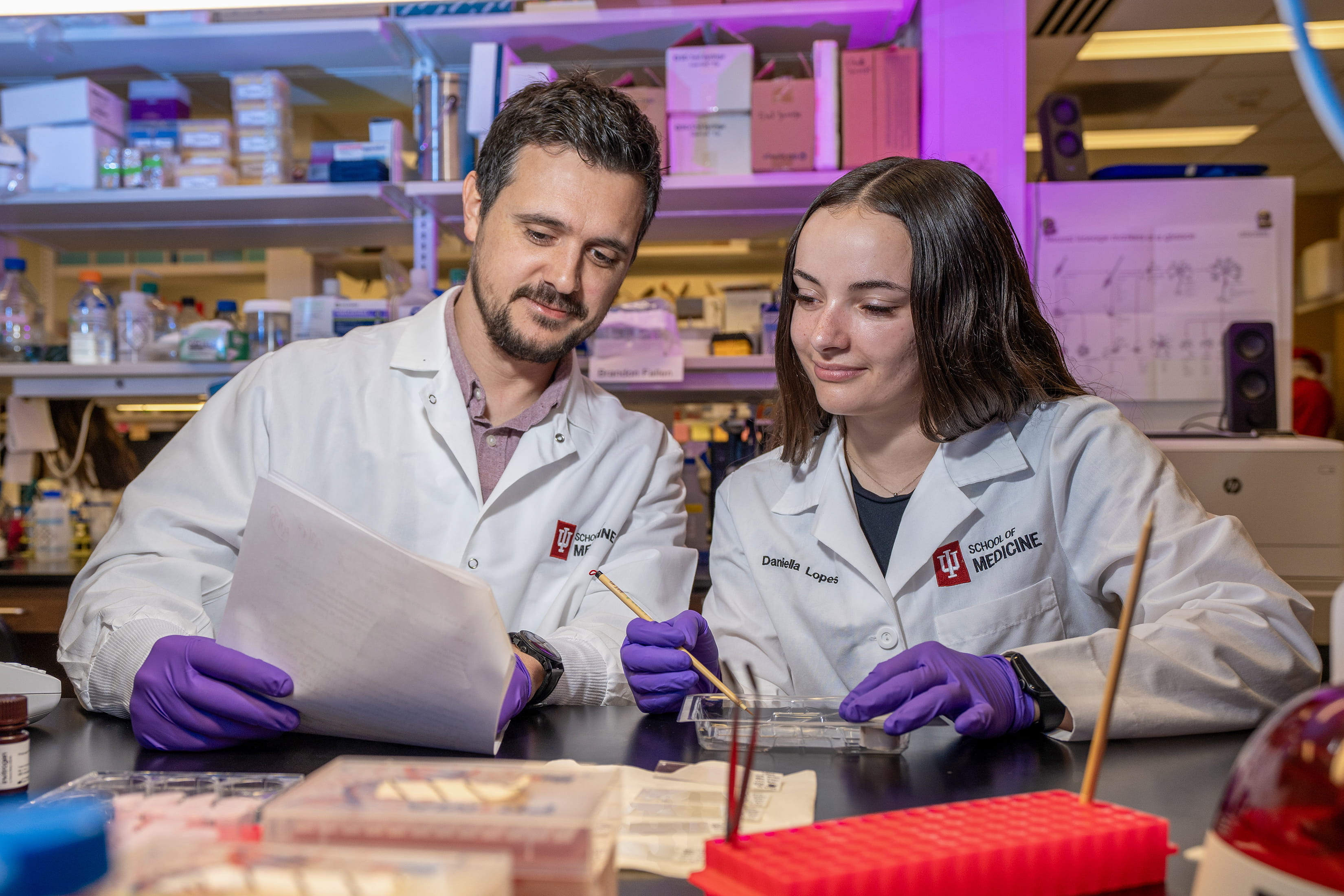
Researchers investigating how gut bacteria impacts Alzheimer’s disease progression
A team of researchers at the Indiana University School of Medicine is investigating a bacterial connection between the gut microbiome and microglia actions in Alzheimer’s disease. Growing evidence has shown that the gut can impact a person’s neurological health and potentially the progression of neurodegeneration.
May 28, 2025

At the heart of Dr. Yuan Liu's research lies a powerful approach: integrating molecular data with real-world clinical information.
May 21, 2025
